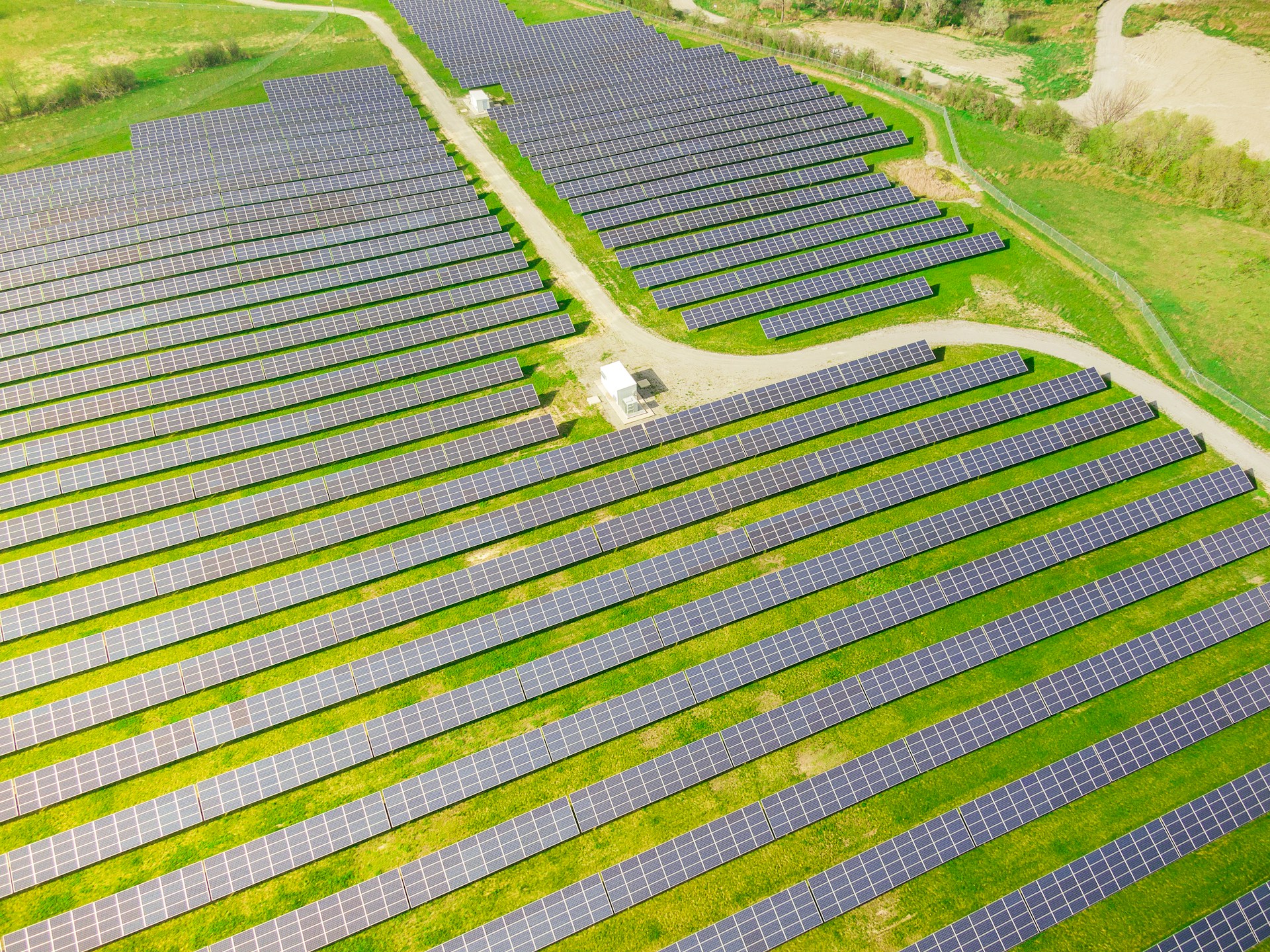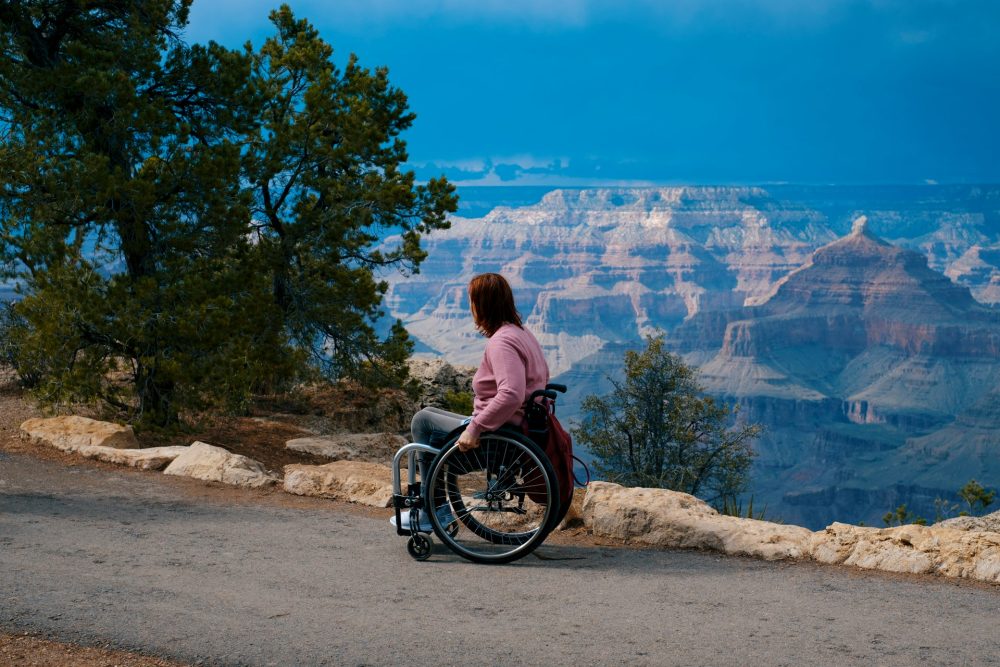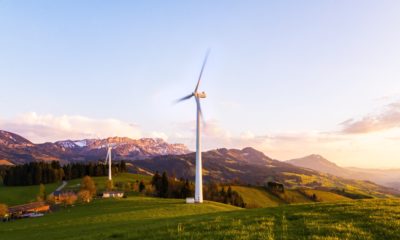Impact Investing
Photovoltaic Panels: How the Italian Government Slows Down the Development of Plants on Agricultural Land
The Italian government aims to triple renewable energy targets but faces contradictions in blocking ground-mounted photovoltaic systems, stalling for two years. A draft decree on emergency measures in the agri-food sector labels agricultural land as unsuitable for solar installations. This conflicts with previous legislation and ongoing discussions between ministries and regions.

The Italian government is committed to tripling the targets for renewable sources in Italy at the recently concluded G7 on energy at the Reggia di Venaria in Turin. And at the same time it takes a new step to block the way to the installation of ground-mounted photovoltaic systems, the development of which has now been at a standstill for almost two years.
The latest contradictory signal, compared to the announcements of wanting to pursue the path of sustainability and energy independence, is an article included in the draft of the decree on emergencies in the agri-food sector prepared by the Ministry of Agriculture.
The draft of the Agri-food Decree: agricultural land is not suitable areas for photovoltaic plants
The article seems to enter straight into the delicate issue of identifying suitable areas, the definition criteria of which are contained in an inter-ministerial decree of the Ministry of the Environment (in collaboration with the Ministry for Culture and the Ministry of Agriculture) which is bain-marie for two years. The intent seems to be to overcome all the discussions that have been ongoing for months between ministries and regions to establish that agricultural land is to be considered unsuitable areas.
But it is an intent, because in substance the rule does not seem to be written very well. Article 6 establishes that “the areas classified as agricultural by the current urban planning plans are areas not suitable for the installation of photovoltaic systems with modules placed on the ground referred to in article 6-bis, letter b) of the legislative decree of 3 March 2011, n. . 28.
The authorization procedures in progress on the date of entry into force of this decree are concluded in accordance with the previous legislation”. It is not very clear whether the plants in question have already been built, because the reference to the 2011 law concerns plants that have already obtained the Dila, sworn declaration of commencement of works, therefore which have already been built.
Suitable areas decree stopped for two years, the regions block the photovoltaic plants
In any case, the rule is controversial because it was Legislative Decree 199 of 2021 which established the need to establish criteria to identify suitable areas in an inter-ministerial decree, which implemented a European directive aimed at accelerating the permitting of photovoltaic plants.
So much so as to push them to launch, starting from Sardinia, moratoriums of up to 18 months on the authorization of new photovoltaic plants. The decree of the Ministry of Agriculture ignores all this and introduces a modification to the 2021 legislative decree, which seems to establish by law that photovoltaic systems cannot be installed on agricultural land. In fact, this is not exactly the case: because the suitable areas are simply areas in which obtaining permits is simpler and quicker, not areas where it can be installed and in others it cannot.
Draft law decree in Council of Ministers by mid-May
Furthermore, the Energy decree of last February admitted photovoltaic systems built on agricultural land to auctions for the first time. Therefore, either the right hand does not know what the left is doing, or the interests of the various parties involved try to take root in the most sensitive department.
Moreover, in a period of electoral campaign. According to rumors, the draft law decree should be examined by the Council of Ministers by mid-May, but it is not known whether Article 6 will ultimately be confirmed.
__
(Featured image by Derek Sutton via Unsplash)
DISCLAIMER: This article was written by a third party contributor and does not reflect the opinion of Born2Invest, its management, staff or its associates. Please review our disclaimer for more information.
This article may include forward-looking statements. These forward-looking statements generally are identified by the words “believe,” “project,” “estimate,” “become,” “plan,” “will,” and similar expressions. These forward-looking statements involve known and unknown risks as well as uncertainties, including those discussed in the following cautionary statements and elsewhere in this article and on this site. Although the Company may believe that its expectations are based on reasonable assumptions, the actual results that the Company may achieve may differ materially from any forward-looking statements, which reflect the opinions of the management of the Company only as of the date hereof. Additionally, please make sure to read these important disclosures.
First published in 24 Italy. A third-party contributor translated and adapted the article from the original. In case of discrepancy, the original will prevail.
Although we made reasonable efforts to provide accurate translations, some parts may be incorrect. Born2Invest assumes no responsibility for errors, omissions or ambiguities in the translations provided on this website. Any person or entity relying on translated content does so at their own risk. Born2Invest is not responsible for losses caused by such reliance on the accuracy or reliability of translated information. If you wish to report an error or inaccuracy in the translation, we encourage you to contact us

-

 Business5 days ago
Business5 days agoThe Dow Jones Teeters Near All-Time High as Market Risks Mount
-

 Crowdfunding2 weeks ago
Crowdfunding2 weeks agoWorld4All, a Startup that Makes Tourism Accessible, Surpasses Minimum Goal in Its Crowdfunding Round
-

 Biotech2 days ago
Biotech2 days agoGut-Derived Molecule Identified as Early Marker and Driver of Atherosclerosis
-

 Crypto1 week ago
Crypto1 week agoThe Crypto Market Rally Signals Possible Breakout Amid Political Support and Cautious Retail Sentiment

























